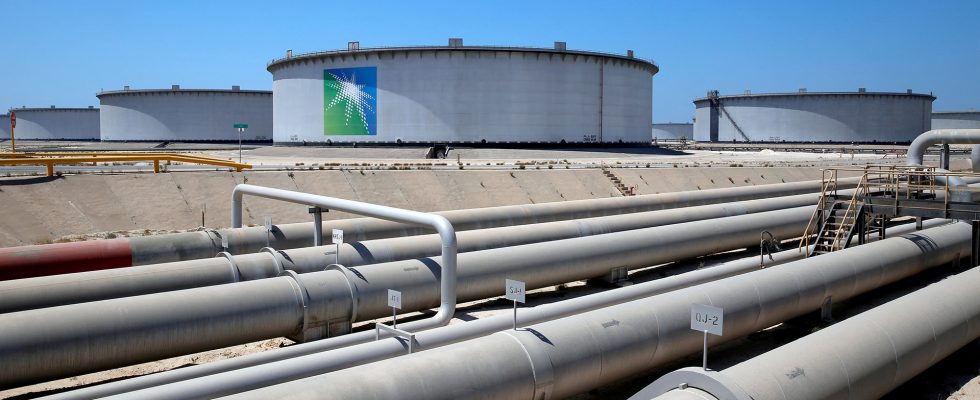FAQ
Status: 4/4/2023 5:21 p.m
The production cuts in the OPEC+ countries are shaking up the international oil market. The supply is becoming scarce, the prices are already rising sharply. What can consumers expect now?
What did the states decide?
Eight OPEC+ producing countries want to reduce their oil production from May and keep the production volume at the lower level until the end of the year. Saudi Arabia, the leading OPEC country, has announced that it will reduce its oil production by 500,000 barrels (159 liters each) per day. Iraq’s production cut is also significant, with a drop of 211,000 barrels per day. The other countries participating in the reduction in funding represent significantly smaller amounts that will be eliminated with the new funding policy.
OPEC+ member Russia also wants to go along with the cut in production. The states of the cartel and other producing countries such as Russia are united in OPEC+. An existing Russian subsidy cut until the end of the year is to be extended. It came into force in March and was supposed to expire at the end of June. If you add up all the measures that have been decided, the production volume of OPEC+ countries will be reduced by a total of 1.66 million barrels per day from July.
Why are the states throttling the production volumes?
One of the main reasons is that producers are concerned about prices: Compared to last summer, oil is much cheaper for industrialized countries. Now the funding states are counteracting this. Kremlin spokesman Dmitry Peskov said the decision was aimed at keeping prices at a certain level.
Added to this is the economic development: Although China’s economy is picking up speed again after the end of the tough corona measures and the second-largest economy is acting more as a global economic engine, concerns about the global economy have recently increased. The consequences of the war in Ukraine, major interest rate hikes by major central banks and, last but not least, fears of a new banking crisis fueled fears of a recession. An economic slowdown would dampen demand for crude oil and thus lower oil prices.
How are oil prices reacting?
After the announcement broke over the weekend, oil prices responded by soaring at the start of the trading week. North Sea and US crude oil prices both rose by more than $4 a barrel yesterday. Yesterday’s price jump of up to around eight percent was the strongest in about a year.
According to market observers, it was also so strong because the decision of the OPEC+ countries caught investors completely unprepared. “Quite a few market observers may have initially thought of a belated April Fool’s joke,” commented commodities expert Carsten Fritsch from Commerzbank. Prices continued to rise today – albeit at a much slower pace than earlier in the week.
What does this mean for consumers?
With a time lag, the increase in oil prices on the world market should also drive up fuel prices at filling stations. In the case of heating oil, on the other hand, consumers are helped by the approaching end of the heating season. Many homeowners can wait until oil prices are lower before filling up their heating oil tanks.
Without a doubt, the subsidy policy of OPEC+ is aimed at higher prices on the world market and, as a result, at higher costs for consumers in western industrialized countries. However, the subsidy policy is also a risk for the oil states: the higher the prices for fuel and heating oil rise, the more attractive alternatives such as e-cars and heat pumps become.
Is inflation rising again now?
The throttling of production and the associated rise in oil prices are making the central banks’ fight against inflation more difficult. Important central banks such as the ECB and the US Federal Reserve have been raising interest rates for months in order to get high inflation under control. The American central banker James Bullard had admitted that the reduction in production would not make the Fed’s job any easier.
However, it is still unclear whether the OPEC+ decision will have a lasting effect on consumer prices – especially since energy prices have lost weight in the development of general inflation. In the meantime, prices for services and food have a larger share. Energy costs are therefore likely to take a back seat to future interest rate decisions by monetary watchdogs.

